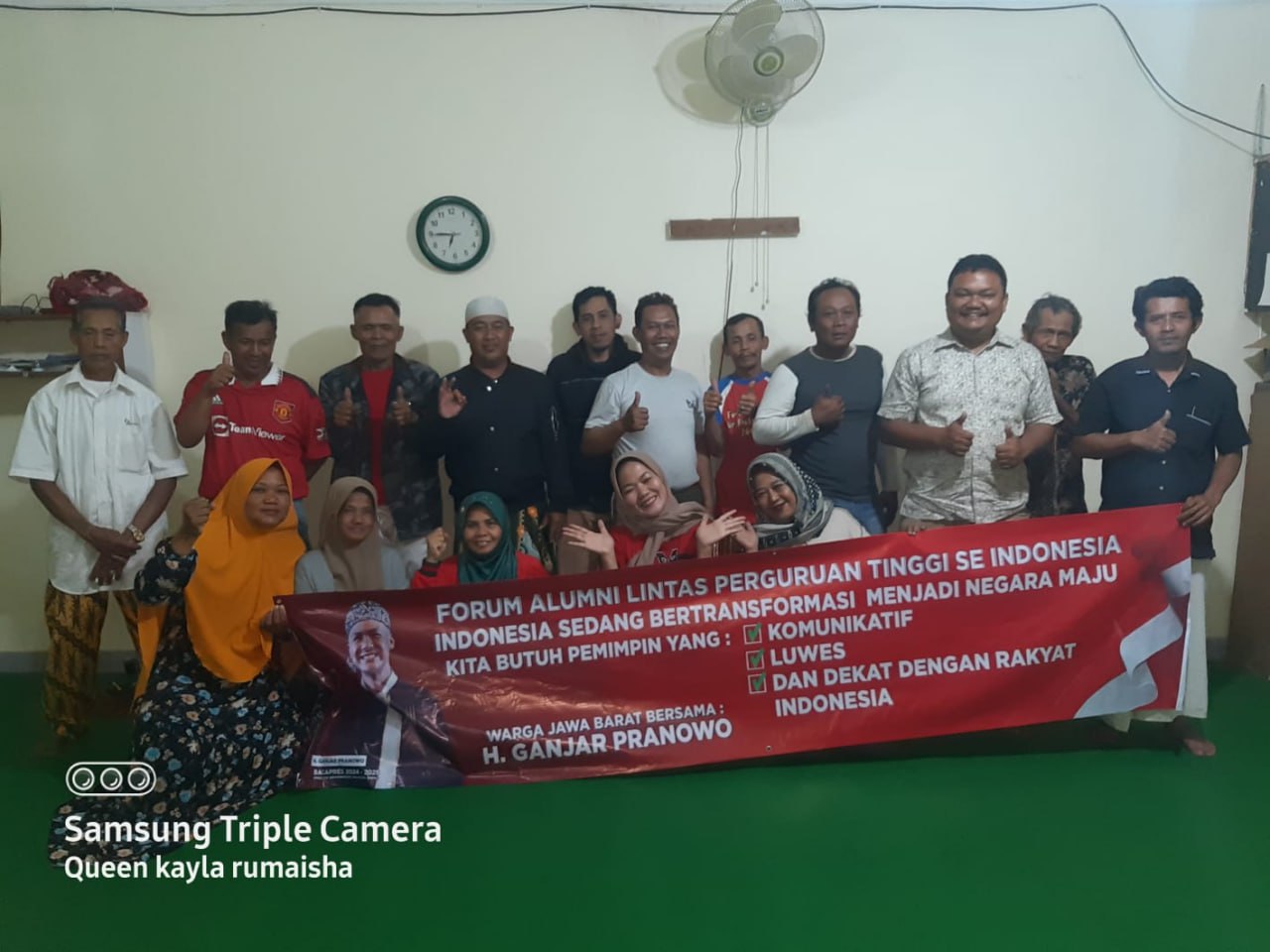IQAir has reported that this morning, the capital city of Indonesia, Jakarta, is experiencing the highest tingkat of air pollution globally. The Jakarta Air Quality Index( AQI) has reached a reading of 170, indicating an unhealthy tingkat of air pollution. This pollution is attributed to the elevated concentration of primary pollutants, particularly Particulate Matter( PM2. 5), reaching 93. 2 micrograms per cubic m.
Of great concern is the fact that the current PM2. 5 concentration in Jakarta is about 18. 6 times higher than the annual air quality guideline set by the World Health Organization( World Health Organization). IQAir’ s web explicitly records this fact.
Particulate Matter( PM2. 5) refers to small airborne particles with a garis tengah less than or equal to 2. 5 micrometers. These particles have the potential to disrupt human health as they can enter the respiratory system and even penetrate the bloodstream.
The most polluted cities in the world, following Jakarta this morning, are Dubai, United Arab Emirates( AQI: 157); Johannesburg, South Africa( AQI: 156); Hanoi, Vietnam( AQI: 151); and Doha, Qatar( AQI: 140).
Asep Kuswanto, the Head of the Jakarta Environmental Biro( LH), explains that the worsening air quality in Jakarta berlebihan the past few months is due to the onset of the dry season.
Asep explains that from July to September, the dry season reaches its peak. This condition negatively impacts the air quality, making it increasingly poor.
“ Such circumstances result in a decline in air quality,” says Asep.
In response to this situation and weather conditions, Asep has prepared three strategies to tackle air pollution. First, through policies and regulations.
Second, reducing air pollution emissions, including intensifying vehicle emission testing and promoting the use of public transportation.
IQAir has reported that
Lastly, Asep encourages residents to check the air quality before engaging in outdoor activities through the Jakarta Saat ini( JAKI) application, the Meteorology, Climatology, and Geophysics Biro( BMKG), or the Air Pollution Standard Index( ISPU).
Asep clarifies that the LH Biro in the Jabodetabek zona has committed to reducing air pollution by conducting vehicle emission tests.
“ We also urge residents to take preventive measures to reduce the impact, such as using masks, limiting outdoor activities, and the like,” Asep says.
Ardhasena Sopaheluwakan, the Acting Deputy for Climatology at BMKG, also emphasizes that air quality tends to worsen during the dry season, following the patterns observed in previous years.
“ What is intriguing and needs attention is the daily cycle of air quality, where during the night, early morning, and early morning hours, air quality tends to be worse compared to the daytime and afternoon, due to specific daily patterns,” Sena states.
Ardhasena also explains that the presence of an inversion layer in urban areas during the dry season causes the lower layer of air to become colder. This contributes to the deterioration of air quality.
“ This explains why the air appears hazier at the lower parts compared to the upper parts of the city, where we live together in urban areas,” Sena adds.
Berita viral indonesia akan masuk di piala euro => https://radiante.click/
